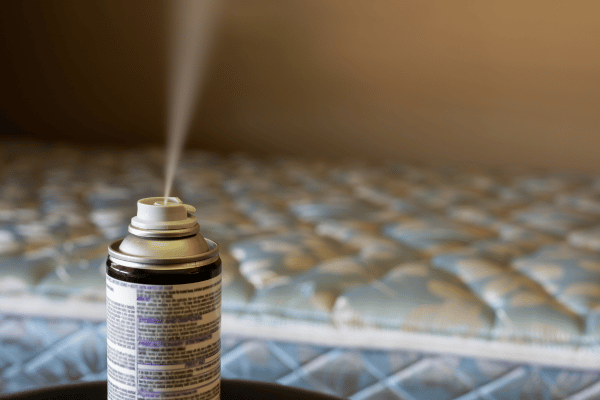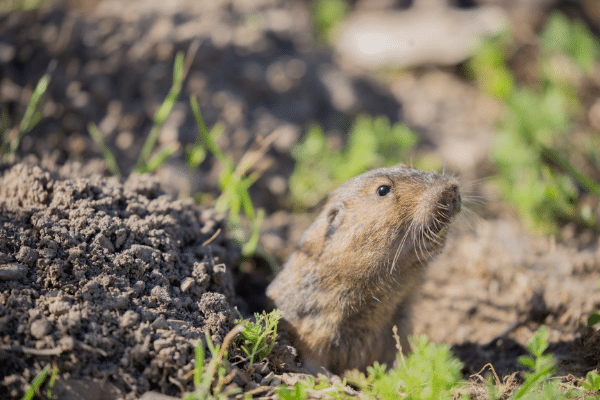- Home
- Get Rid Of Ants
- Best Way to Kill Ants
Best Way To Kill Ants
This post may contain affiliate links so I earn a commission.
Are you interested in learning the best way to kill ants?
The good news is that there are multiple solutions you can turn to - and you don’t always have to rely on chemical insecticides.
The bad news is that it’s far easier to prevent ants than it is to kill them, something you probably don’t want to hear if you’re in the midst of a serious ant infestation!
Here are some tips you can follow to get rid of ants around the home and garden - for good.
Identifying Ants And Their Nests
If you have an ant problem, the first thing you need to do is identify the specific type of ant that’s coming indoors.
While it’s easy enough to identify certain types of ants (carpenter ants and fire ants tend to be the easiest to pinpoint), some ants have lookalikes that can make the process a bit more difficult.
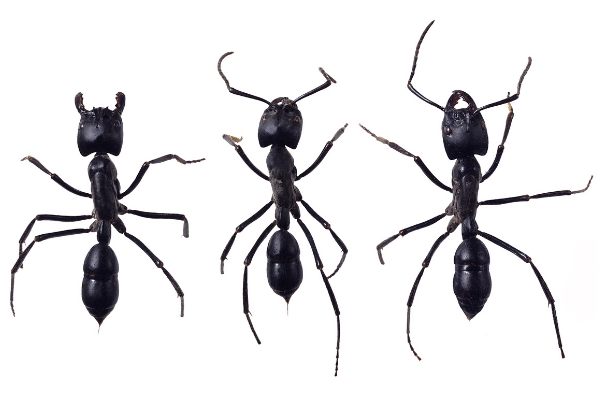
If you aren't sure what species you’re dealing with, take a close-up photo of it and send it to the local cooperative or university extension service.
They’ll tell you not only what kind of ant it is but also where it’s most likely to nest.
Getting rid of the nest is often the best way to kill ants - especially if you are dealing with highly destructive ants like carpenter ants.
Finding the nest can be a challenge, but remember, ants need two things to survive - food and water.
Often, you’ll find ant nests in moist, damp areas, like flooring or framing that’s spongy or soft from a plumbing leak.
The Best Way To Kill Ants Using Bait
The most effective way to kill ants is to use ant bait.
When you find ants out and about in your home, these are scout ants, the ones responsible for foraging for food to take back to the colony.
You can cleverly use these scouts to kill the entire colony.
In the spring, it’s best to use a protein source to get rid of ants while in the summer, fatty or sweet foods are ideal.
Use whichever food they like best and choose a bait that includes those preferences.
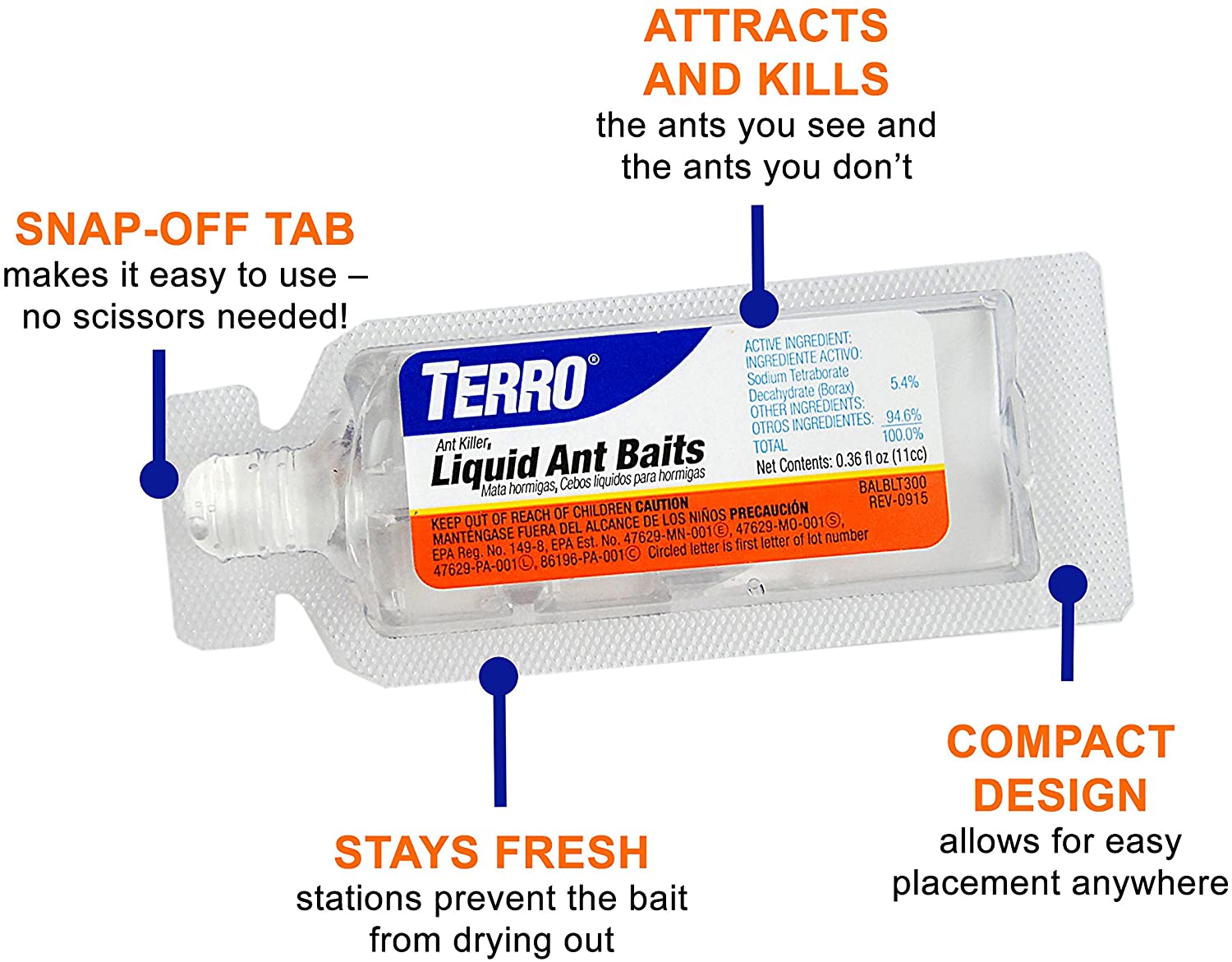
Many people assume their ant baits aren’t working and get frustrated because they’re seeing more ants than they did before.
However, it’s a good thing, since it means more ants are taking the bait back to the nest.
Be patient!
It will be worth it in the end.
How To Get Rid Of Ant Trails
In addition to using an ant bait to kill ants, it is also a good idea to erase the ant trails.
Ants leave scented pheromone trails that other ants follow - just sweeping up dead ants isn’t enough to get rid of this trail.
You can use white vinegar and water to remove these trails.
The mixture won’t kill ants that are already nesting indoors but will stop more from being invited inside.
Killing Ants On The Lawn
Ants on the lawn are eyesores - and having ants outside increases the likelihood that they’re going to come indoors.
You can spot-treat certain areas with an outdoor liquid or granular insecticide.
If you have a larger ant problem, you can use an insect killer product like bifenthrin that’s listed specifically for lawn and garden use.
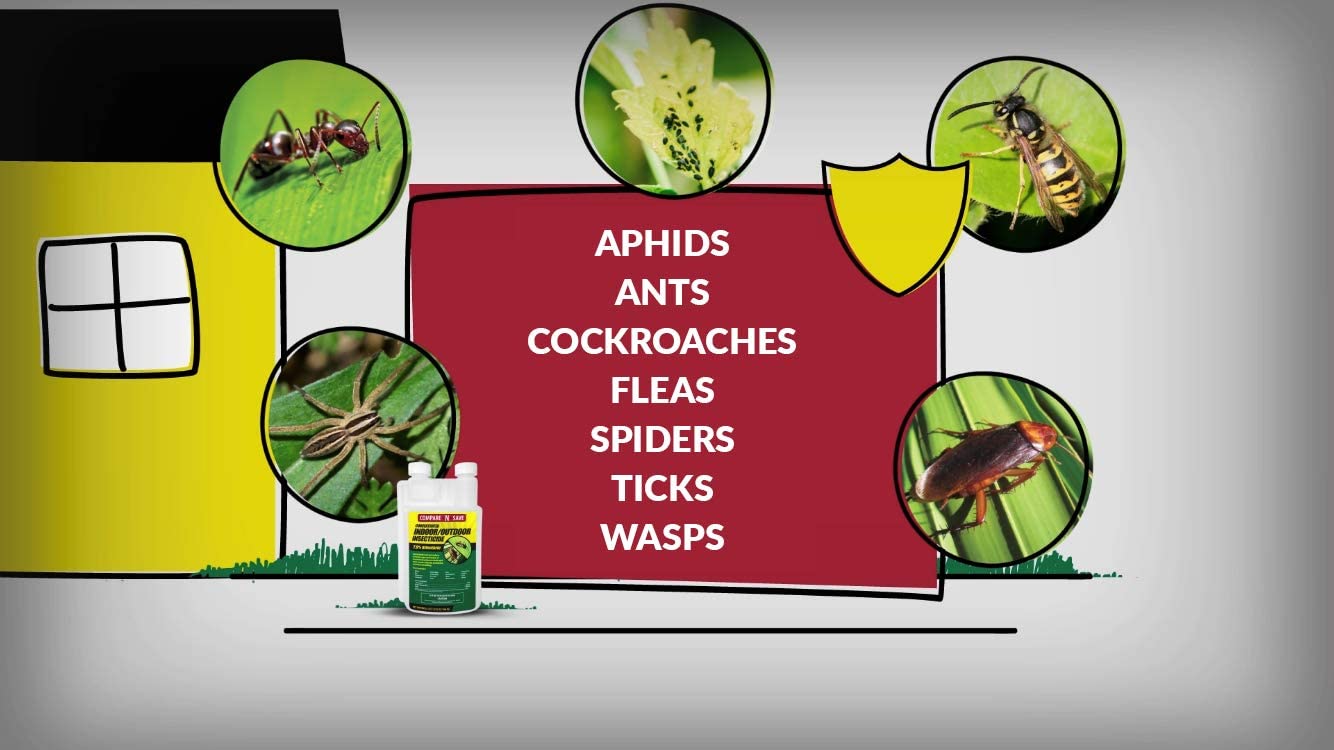
Just keep in mind that it can kill other insects, including pollinators, so you will want to use this as sparingly as you can.
Use these kinds of products in the early morning or late afternoon - this is when ants are most active.
This should stop them from building mounds and should significantly slow down an infestation, though it doesn’t always kill every single ant.
The Best Way To Kill Ants Using Nontoxic Ant Removal Methods
If you’d rather not rely on chemicals to kill ants, there are a few nontoxic ant removal methods you can try instead.
These tend to be not quite as fast-acting or effective as traditional products, but given time and tenacity, they can do the job just fine.
Many people will agree the best way to kill ants using a natural substance is to apply diatomaceous earth.
This isn’t a poison, instead, just a type of silica composed of fossilized remains of aquatic organisms named diatoms.
It kills ants by drying out their skeletons.
You can buy food-grade diatomaceous earth and spread it anywhere in which ants are known to frequent - if it’s outside, just keep in mind that you’ll need to reapply every time it rains.
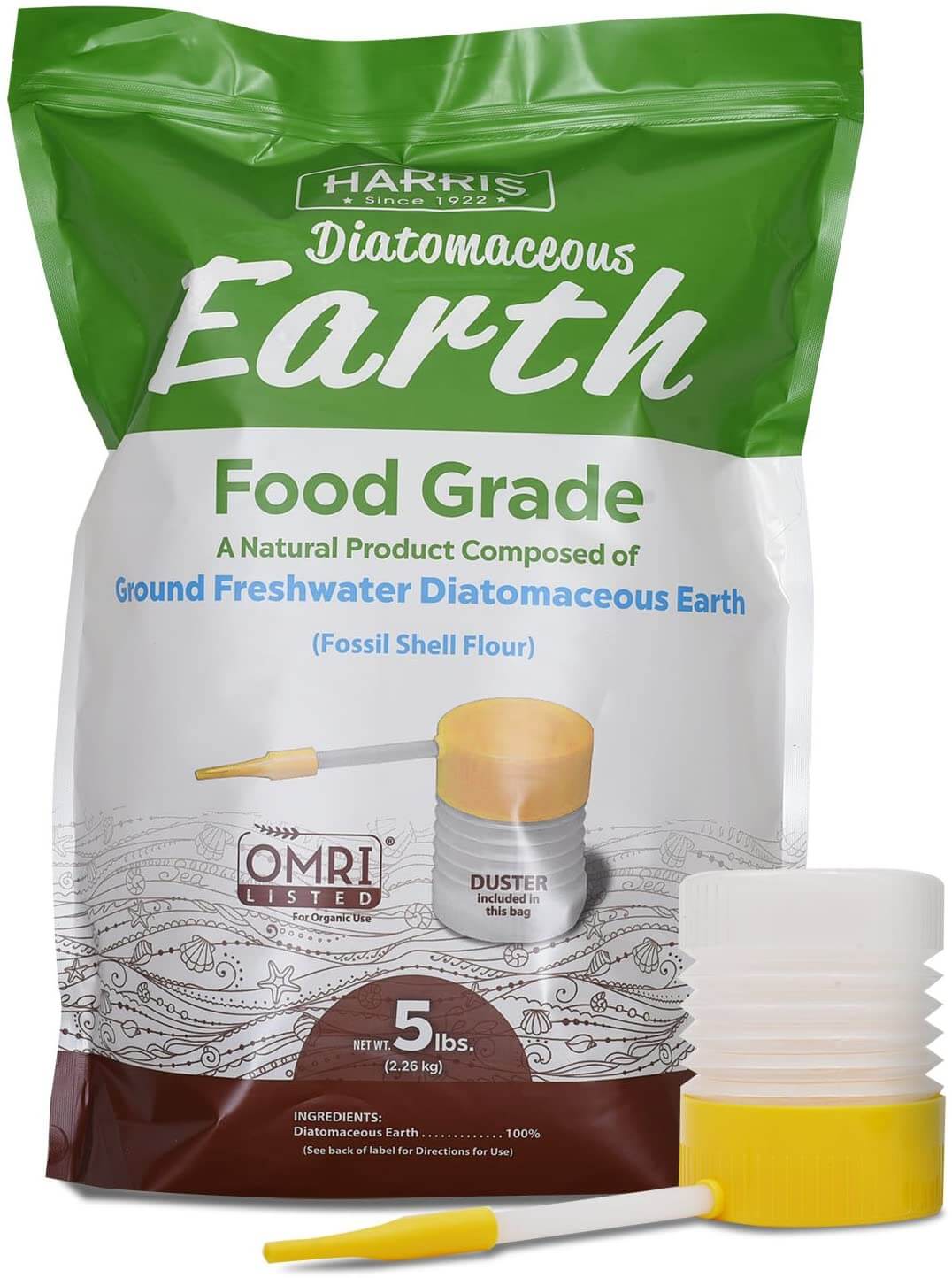
You can also turn to items you might have lying around the house, such as hand soap, glass cleaner, liquid detergent, and white vinegar.
White vinegar and hand soap, in particular, are effective at removing the pheromones that ants leave behind - they are likely going to be more helpful when it comes to preventing additional ants than getting rid of the ones you already have.
Some homeowners swear by essential oils for getting rid of ants, with the most effective options being cinnamon leaf, tea tree, lemon eucalyptus, peppermint, and neem oil.
The Best Way To Kill Ants - Preventing Ants In The Future
As we mentioned earlier, it’s far easier to prevent ants than it is to kill them once they’ve come inside.
Start by keeping your outdoor area clean and tidy.
Remove or trim back shrubs, trees, and bushes that come into contact with your home’s siding or roof - these provide an easy bridge for ants to get inside our home.
If you can, keep a three to six inch clearance space between the soil near the foundation and the bottom row of your siding - that way, ants can’t nest inside the siding.
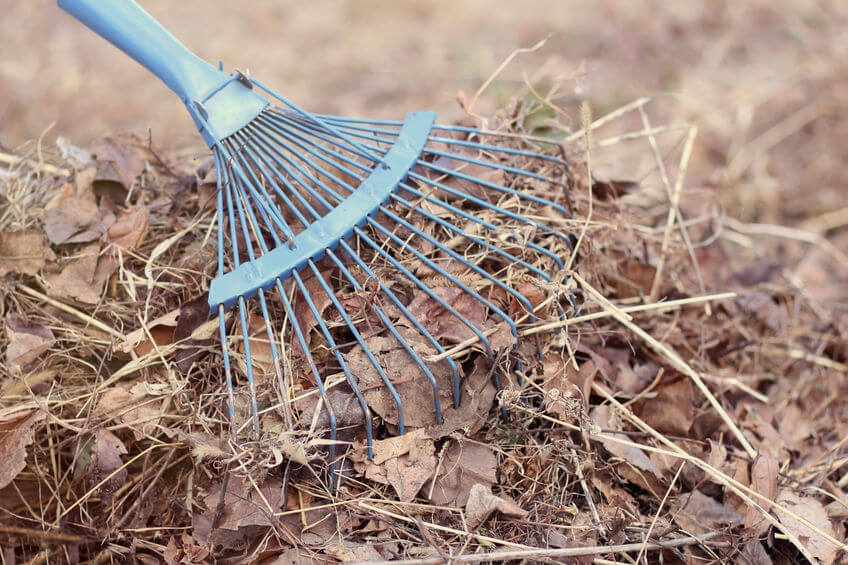
Don’t stack firewood or keep other debris near the house.
Mow the lawn regularly and inspect your home for any potential entry points.
Replace damages to screens and fill in gaps with caulking.
Last but not least, cleanliness is key when it comes to preventing ants.
Ants won’t come inside your home unless they have a good reason to do so - getting rid of food crumbs, wiping up spills, and taking out the garbage promptly are all steps you can take to remove an enticing food source.
Follow these tips to prevent ants - while it doesn’t hurt to know the best way to kill ants, it’s easier to stop them from coming inside in the first place.

